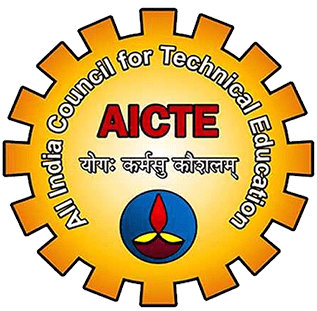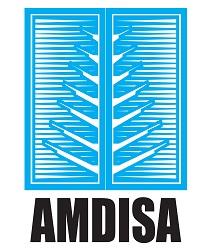POST GRADUATE DIPLOMA IN MANAGEMENT (PGDM)
Objectives
MDIM’s PGDM is designed to nurture students and help them build and enhance their managerial competence. The meticulously structured programme will enable students to:
- Understand the social, economic, political, technological and ecological environment to make them environmentally and socially responsible ethical managers through hands-on-learning experiences.
- Become effective leaders, who can achieve results beyond expectations and transform organizations
- Emphasis on lateral thinking so that they evolve with innovative ideas, alternative solutions, and set benchmark for others through enabled entrepreneurial skills.
- Imbibe values of discipline, integrity, justice and fairness so that they promote and maintain high ethical standards in management.
- Develop a global mindset so that future managers can meet the challenges of international competition
Curriculum Design
The PGDM curriculum has been designed to enrich student’s skills and abilities in order to enable them in applying management theories and concepts in live problems existing in business and industry. The programme enables students to identify and diagnose complex problems in management through hands on learning experiences. It includes gamut of pedagogy: lectures, case studies, seminars, assignments, live projects, group discussions, business games, outbound based experiential learning activities, educational excursions, role plays, simulation exercises, structured and unstructured group work, and field visits. Consistent with state-of-art technology, the programme integrates the use of computers (IT) in the learning process. The students undertake several field based projects so that they can get better insights into real life situation. These all will inevitably assist students to achieve high standards of excellence.
Programme Structure
Core Courses
The PGDM course curriculum is spread across six terms each having duration of three months for its completion. The core (compulsory) courses are covered in four terms, with the bulk covered in the first three terms. These core courses will enhance the ability to communicate, analyze situations and make decisions by adopting quantitative and qualitative techniques. It helps students to develop a holistic view of the different functional areas and the business environment. During this period, it is mandatory to opt for courses in general management and major functional areas, such as finance and accounting, marketing, operations management, information technology management, organizational behavior, human resource and strategic management. They get exposure to the basic disciplines of economics, managerial communication, business law, quantitative methods and decision sciences.
Summer Internship
At the end of the first three terms, students are supposed to undertake an industry internship or summer training by associating with an organization. The internship usually spans over a period of six to eight weeks. This is a compulsory component of the curriculum for the completion of the academic requirements. It is designed to provide exposure to organizational work setting, develop an understanding of business realities, learn how to apply theory in real life business situations and find its relevance.
Specializations
In the second year, the student opts for elective/ optional courses to specialize in a maximum of two functional areas. These areas of specialization may delve with any of the following:
- Financial Management
- Human Resource Management
- Marketing Management
- Supply Chain Management
- All elective packages, however, may not be offered, as this would be determined by the number of students showing interest in the aforementioned areas of specialization. Details about the electives are made available to students when they join MDIM. To specialize in an area, a student must opt for a minimum of five elective courses offered in that area that assigns a weightage of 15 credits and three each for a course. Students will be allowed to opt in a range of 14 to 17 electives. However, CGPA of students would be decided based on the best scored 14 electives out of the total electives which a student has opted for.
- The Institute has envisaged new electives in line with latest demands of the corporate like Econometrics and many more expected to be floated in the forthcoming academic session which will preferably entice corporate houses to hire the talent.
Evaluation
The evaluation system for the PGDM has been designed to achieve the following:
- Evaluate the progress of learning of each student
- Prescribe and promote certain acceptable and uniform standards of comprehension
- Encourage healthy and constructive competition among the students
MDIM follows a system of continuous evaluation. Throughout the term, students have to appear various tests on their ability to understand concepts, learn techniques and apply them to problems in the real life situation relevant to corporates. At each stage of the course through continuous feedback, the students would be in a position to gauge their performance and take remedial measures in order to make improvements. In each course, a student will be thus awarded a grade sheet only. The weighted average of all courses taken by a student in the programme will give the Cumulative Grade Point Average (CGPA).
Recognition
On successful completion of the programme requirements, a student will be awarded a Post-Graduate Diploma in Management, PGDM, which has the approval of the All India Council for Technical Education, Government of India.














